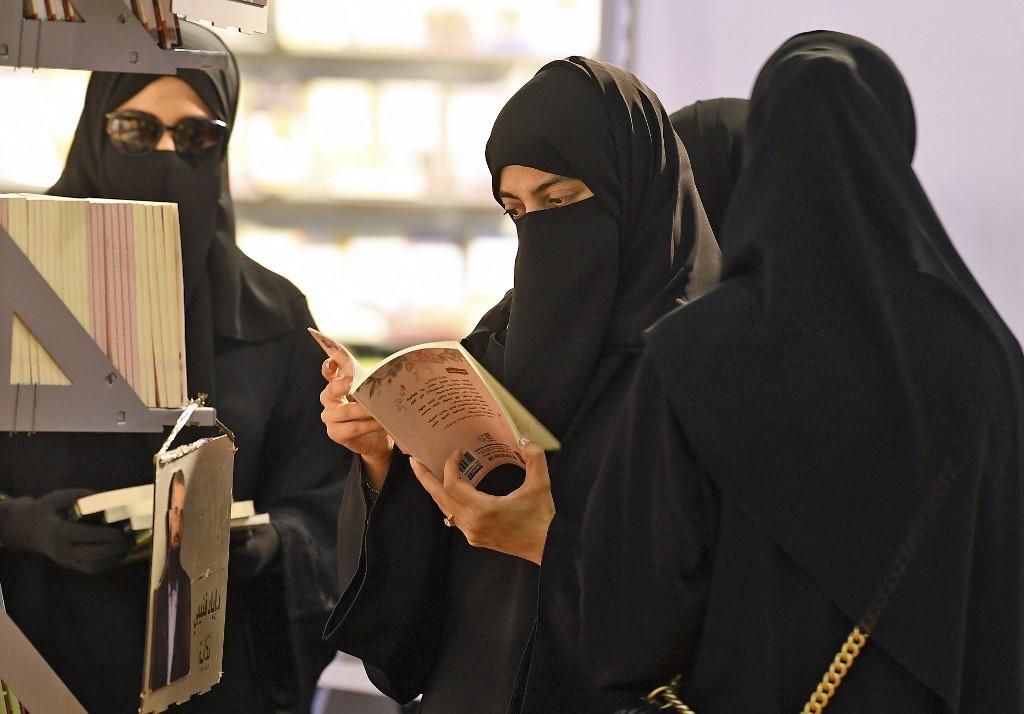‘Honour killings will now be punished’ in UAE as part of sweeping reforms
Also, soon Muslims will be able to legally join expat workers in buying and consuming alcohol.
Just In
Known for its record-breaking skyscrapers and luxury lifestyles, the United Arab Emirates (UAE) is now seeking to boost its international standing and to consolidate its “principles of tolerance”, according to the state-run WAM news agency.
As part of this effort, the UAE announced sweeping reforms of its Islamic legal code on Saturday.
Traditionally, in many Arab countries “honour crimes” carry weak or no penalties. The internationally condemned custom means that male relatives may escape prosecution for murdering a daughter or sister who is thought to have brought shame on his family. By murdering her, he restores the family’s good name.
Women’s organisations and human rights groups have been calling for years for the “honour” defence to be scrapped. Now the reforms mean there will no longer be separate sentencing guidelines for “honour” killings. In future, those convicted will face life imprisonment or the death penalty. The only exception is if the victim’s family waives its right to justice, but even then the penalty will be a minimum of seven years.
Abu Dhabi’s The National reports that the reforms, already approved by UAE President Sheikh Khalifa bin Zayed Al-Nahyan, also include higher penalties for other offences against women.
Men convicted of sexual harassment will face tougher sentences, and those convicted of raping a minor or “someone with limited mental capacity” will now face the death penalty.
In another major shake-up, the country is also scrapping its penalties for Muslims convicted of alcohol possession and consumption.
Beer and liquor have long been widely available in clubs and bars in the UAE, but entry was difficult for Muslims. It was necessary to possess a government-issued license for anyone to buy alcohol at government liquor stores and take it home to drink. This “liquor licence” was automatically granted to non-Muslims on arrival but forbidden to all Muslims whether foreign or local. The reforms appear to allow them to now drink freely.
Expatriates make up 90% of the UAE’s population. The oil-rich state could not function without its foreign workforce as there are simply not enough Emiratis.
Subscribe to our newsletter
To be updated with all the latest news and analyses daily.
